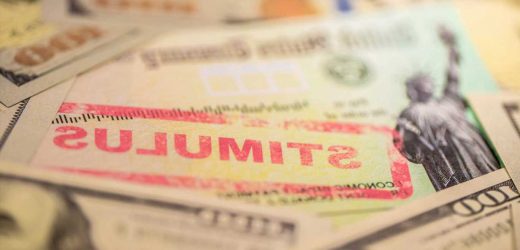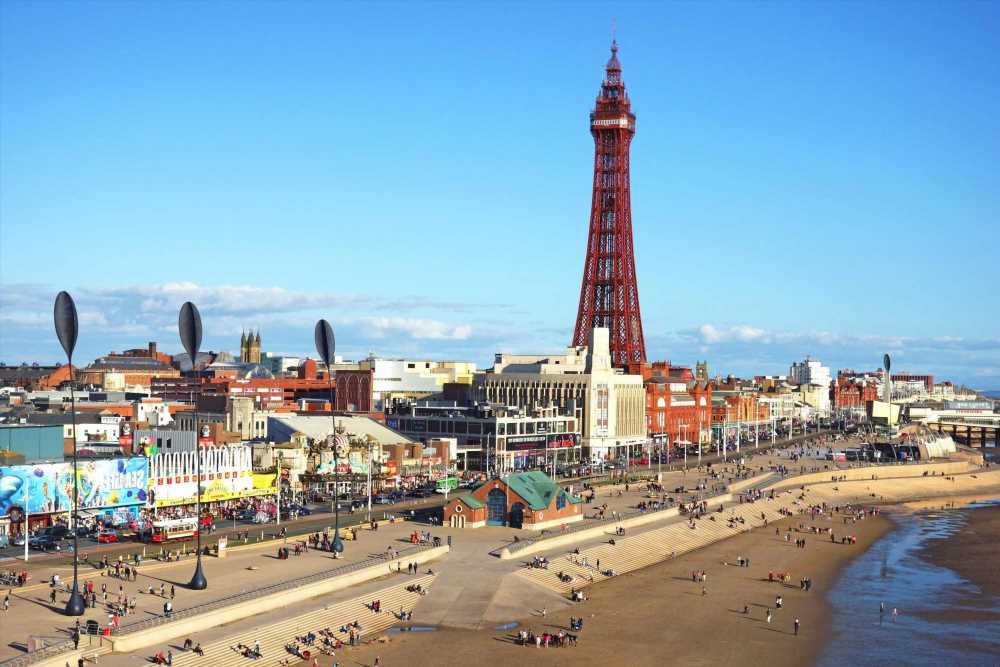IF you haven't received your $1,400 stimulus check yet, it might have been seized by a debt collector – here's what you can do to get your money back.
Millions of Americans have received a third round of Covid relief payments – but creditors may come after your money.
If you have unpaid debts, private debt collectors are able to confiscate your third stimulus payment.
During the first round of stimulus checks, some states and local governments brought in rules to protect creditors from getting their hands on the cash.
But the Senate was unable to include the same protection in the latest round of payments due to budgetary rules, USA Today reports.
If you think there's been a mistake and you think your third check might have been seized by debt collectors, you need to start by contacting your bank or credit union.
You may have a small window of time to put a hold on the seizure, according to CNET.
You can ask your bank for details about how long you have to file a request with a local court to stop the garnishment.
Also, if you think money was mistakenly seized from the first two checks, you can file a Recovery Rebate Credit as part of your 2020 tax return.
Consumer protection groups previously called on Congress to close the loophole to shield the stimulus checks from private debt collectors.
"The economic impact payments are intended to help families purchase food and other necessities to make ends meet," a coalition of financial and consumer groups told Congress.
"Many people were already struggling prior to the coronavirus crisis and millions have now been laid off or had their hours cut."
The American Bankers Association joined the coalition to urge lawmakers to protect the checks from garnishment.
"We believe it is imperative that Congress ensure that these next stimulus payments are treated as 'benefits' subject to the federal exemption from garnishment," the group said.
"Otherwise, the families that most need this money – those struggling with debt and whose entire bank accounts may be frozen by garnishment order – will be not be able to access their funds."
Garrett Watson, senior policy analyst at the Tax Foundation, said one possible way of protecting the stimulus money is to open up a new bank account.
"It was pretty uneven and depended on where you were living, the particular circumstances, whether or not it actually protected you or not," Watson said.
"A new bank account with new direct deposit information is less likely to be garnished than one that is under active collection," he said.
While the Covid relief bill does not protect against debt collectors seizing your money, it does protect against seizure of the cash to pay back taxes, child support, or other government debts.
You can also find out what to do if you were sent a dead person's check.
Source: Read Full Article






